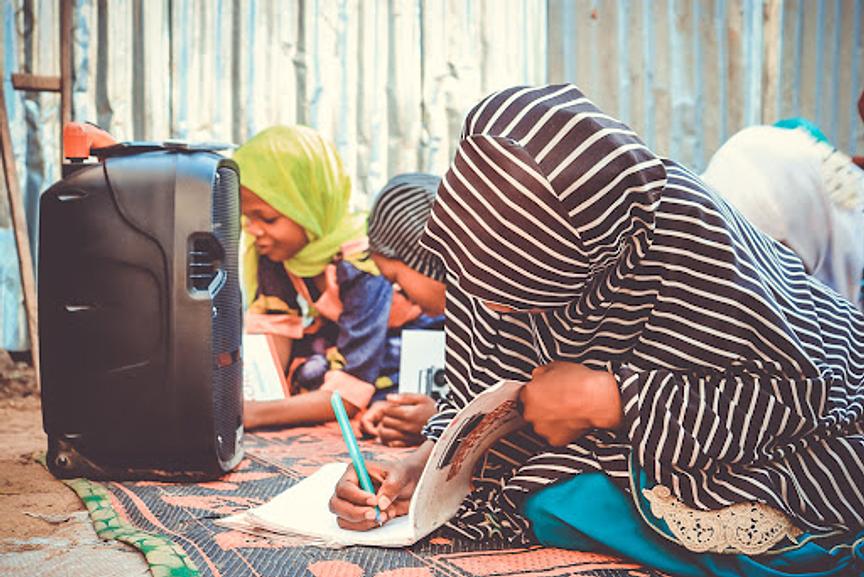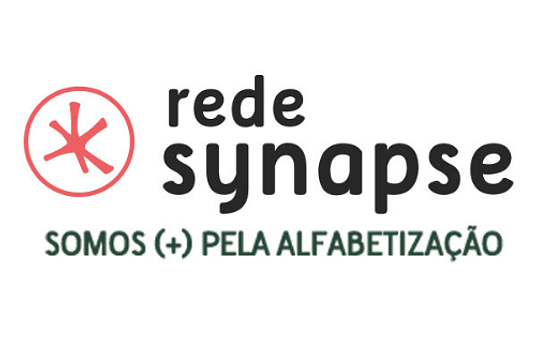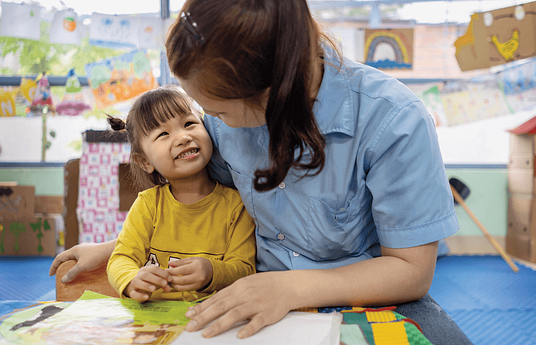Nigeria has 14 million out-of-school children, attributed to poverty, insecurity, and sociocultural factors such as child marriage. Low quality of education also contributes to low school completion rates and high learning poverty. The COVID-19 pandemic worsened these barriers. Combined, these have led to poor access to free, safe, and quality education for millions of Nigerian children.
Using the radio, which is accessible to 83.4% of the Nigerian population and the most used form of media in rural communities, the ACE Radio School provides an alternative form of education for out-of-school children in rural and peri-urban areas, including child brides, in their homes, farms, market, and IDP camps. ACE Radio School provides an accelerated form of basic and secondary education, in line with the national curriculum, and airs lessons on literacy, numeracy and science in English and Hausa (the predominant local Northern Nigerian Language) thrice a week. Episodes are recorded by qualified teachers who employ pedagogical techniques to ensure ease of understanding, We received 28,921 responses via text and calls from beneficiaries, highlighting high listener engagement. We also established listening groups where children gather to listen through a speaker, and recorded a 42.45% increase in their knowledge, highlighting that ACE Radio School is an effective means of learning.
From inception to date, the ACE Radio School broadcast reach has expanded from 13 to 16 states in Northern Nigeria and responses from active listeners have increased from 8,494 in 2020 to 17,656 in 2022. The number and beneficiaries of our listening groups have also increased from 4 and 120 to 8 and 480 respectively. Periodic listener surveys among the radio audience based on pre-established indicators results show; that 60% of our beneficiaries are girls, indicating a positive contribution towards girl education, 98% positive feedback on understanding topics taught, and 89% positive feedback from respondents on gaining new knowledge.
In the next 2-3 years, we aim to deliver our lessons in other main local Nigerian languages; Yoruba & Igbo, expanding our reach to the 36 states in Nigeria.
Qualified teachers should be employed. Teachers should develop scripts based on the national curriculum. Experts should review the scripts for pedagogy, multilevel teaching, quality, simplified words, & content. Homework & phone numbers are to be added. Scripts should be translated into local language(s) and recorded. Recordings are produced into episodes and sent to radio stations for broadcast.



